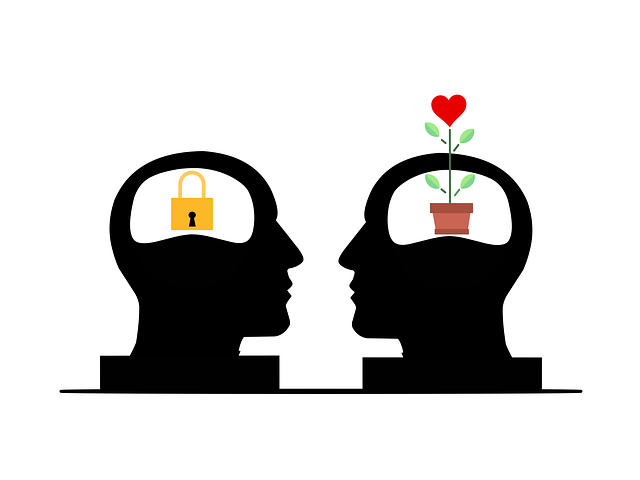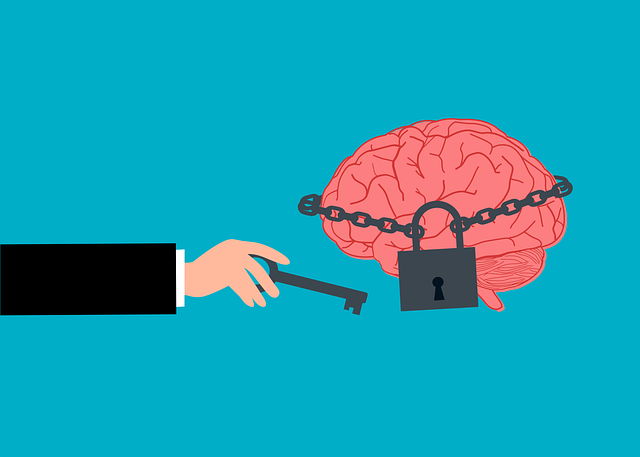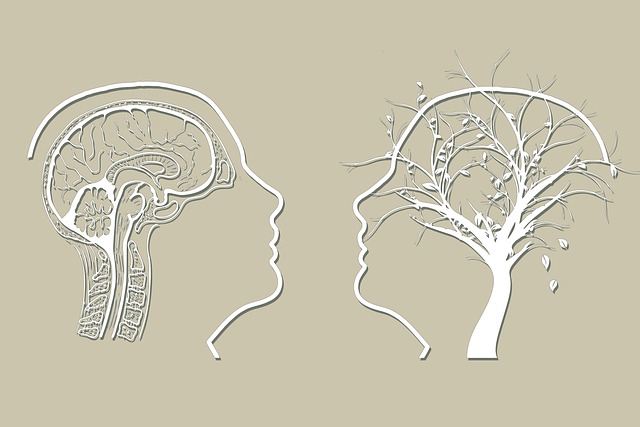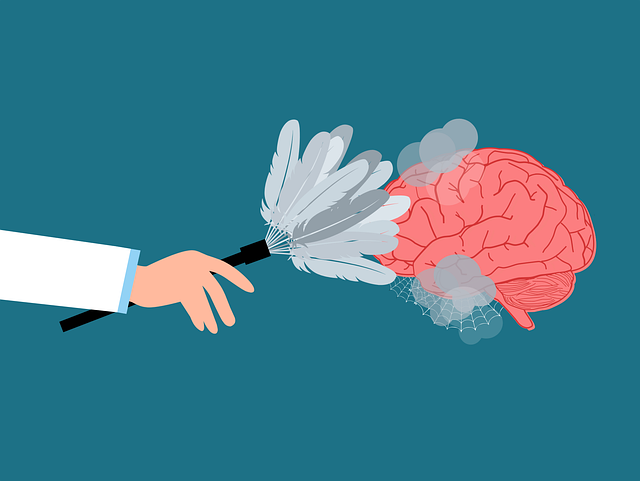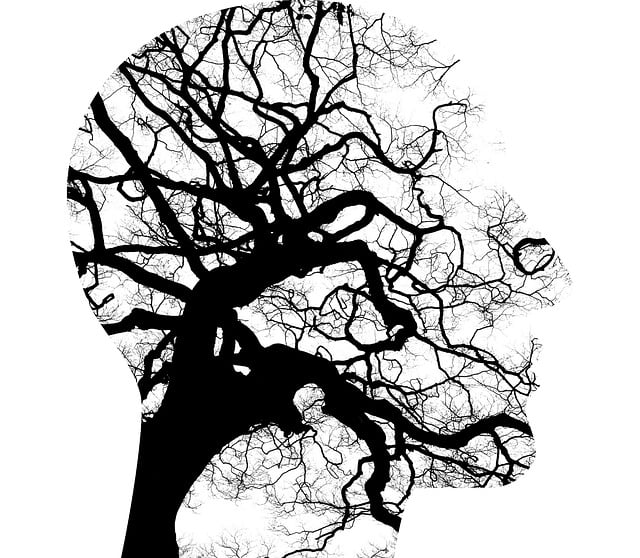Longmont Psychological Testing Therapy offers comprehensive stress management solutions by identifying internal and external triggers through personalized psychological testing. They empower clients with evidence-based CBT, mindfulness techniques, relaxation exercises, and conflict resolution skills to develop healthy coping strategies for improved mental well-being and resilience in a busy world. This holistic approach promotes effective stress navigation, enhancing quality of life.
“Unwind and gain control over your life with our comprehensive guide to stress management techniques. In today’s fast-paced world, understanding and managing stress is essential for overall well-being. We explore various effective strategies, from identifying triggers through Longmont psychological testing therapy to practicing mindfulness.
Learn about cognitive behavioral therapy (CBT), discover relaxation techniques, and build resilience for a calmer, more balanced life. Take charge of your mental health and embrace a more peaceful existence.”
- Understanding Stress: Identifying Triggers and Causes
- The Power of Psychological Testing in Stress Management
- Cognitive Behavioral Therapy (CBT): A Step-by-Step Guide
- Mindfulness and Relaxation Techniques for Daily Practice
- Building Resilience: Long-Term Strategies for a Calmer Life
Understanding Stress: Identifying Triggers and Causes

Stress is a complex response that arises from various internal and external factors. Understanding what triggers stress in individuals is a crucial step towards effective management. Longmont Psychological Testing Therapy provides a platform to explore these causes, enabling clients to identify specific stressors in their lives. These can range from everyday challenges like work pressures or financial worries to more profound issues such as relationship problems or significant life changes.
By recognizing these triggers, individuals can begin to develop coping strategies tailored to their unique needs. This process is essential for those seeking to enhance their mental health and overall well-being. Incorporating techniques like mindfulness, relaxation exercises, and cognitive reframing allows people to navigate stress in healthier ways, making them better equipped to manage their psychological health, even in challenging situations. Additionally, Mental Health Policy Analysis and Advocacy, along with Healthcare Provider Cultural Competency Training, can play a significant role in equipping professionals with the knowledge to support clients in identifying and managing their stressors effectively.
The Power of Psychological Testing in Stress Management

Psychological testing plays a pivotal role in stress management, offering a nuanced understanding of an individual’s mental state and triggers. Through Longmont Psychological Testing Therapy, practitioners can uncover underlying issues that contribute to stress, anxiety, or other psychological challenges. This process involves various assessment tools tailored to evaluate specific areas of concern, such as emotional resilience, cognitive patterns, and behavioral responses. By identifying these factors, therapists can design personalized strategies to enhance coping mechanisms and promote mental well-being.
One powerful tool within this framework is conflict resolution techniques, which help individuals navigate and manage interpersonal struggles that often trigger stress. Additionally, mindfulness meditation has gained significant traction as an evidence-based practice for Anxiety Relief, teaching individuals to stay present and centered, thereby reducing the impact of stressful situations. These techniques, combined with insights from psychological testing, empower people to develop healthier responses to life’s demands, fostering a sense of calm and resilience in even the busiest of lives.
Cognitive Behavioral Therapy (CBT): A Step-by-Step Guide

Cognitive Behavioral Therapy (CBT) is a powerful tool for managing stress and improving mental wellness. This evidence-based therapy focuses on identifying and changing negative thought patterns that contribute to distress. By understanding the connection between thoughts, feelings, and behaviors, individuals can learn to challenge unhelpful cognitive distortions and replace them with more realistic and positive ones.
A step-by-step CBT approach involves several key elements. First, a trained therapist helps clients recognize triggers for stress and negative thinking. This is followed by teaching empathy building strategies to foster understanding and self-compassion. Next, patients learn to monitor their thoughts, emotions, and behaviors through tracking and journaling. Through this process, they identify patterns and begin to challenge unhelpful beliefs. Eventually, individuals develop coping mechanisms and skills to effectively manage stress in daily life, leading to improved mental health awareness and overall well-being. Longmont Psychological Testing & Therapy offers specialized programs that guide clients through these steps, empowering them with the tools to navigate life’s challenges with resilience.
Mindfulness and Relaxation Techniques for Daily Practice

Mindfulness and relaxation techniques are essential tools for managing stress and improving overall well-being. Incorporating these practices into daily routines can significantly benefit individuals seeking to navigate life’s challenges with resilience. One effective method is mindfulness meditation, which encourages focusing on the present moment, calming the mind, and reducing anxious thoughts. By observing one’s breath or bodily sensations without judgment, individuals can cultivate a sense of inner peace and balance.
Longmont Psychological Testing Therapy centers often emphasize these techniques as part of their comprehensive stress management programs. They help in combating mental illness stigma reduction efforts by promoting self-care and resilience. Additionally, mindfulness and relaxation practices have been invaluable in Trauma Support Services, assisting individuals in processing traumatic experiences and finding solace. Public Awareness Campaigns Development around these topics can further educate folks on adopting healthier coping mechanisms in their daily lives.
Building Resilience: Long-Term Strategies for a Calmer Life

Building resilience is a key aspect of managing stress effectively for the long term. It involves developing mental and emotional strength to cope with challenging situations and bounce back from adversity. Through Longmont psychological testing therapy, individuals can identify their unique strengths and weaknesses, allowing them to navigate life’s curveballs with greater ease. This process equips people with tools such as conflict resolution techniques and self-awareness exercises, enabling them to approach stressors in a more constructive manner.
By integrating these strategies into daily routines, one can foster mental health policy analysis and advocacy for themselves and others. It’s about recognizing that stress is inevitable but our reactions to it aren’t. With consistent practice, individuals can cultivate a calmer, more resilient mindset, leading to improved overall well-being and quality of life—a true game-changer in today’s fast-paced world.
Incorporating stress management techniques, such as those offered through Longmont psychological testing and therapy, can significantly improve one’s overall well-being. By understanding stress triggers, leveraging cognitive behavioral therapy, practicing mindfulness, and building resilience, individuals can navigate life’s challenges with greater ease. These strategies empower people to take control of their mental health and cultivate a calmer, more balanced lifestyle.
